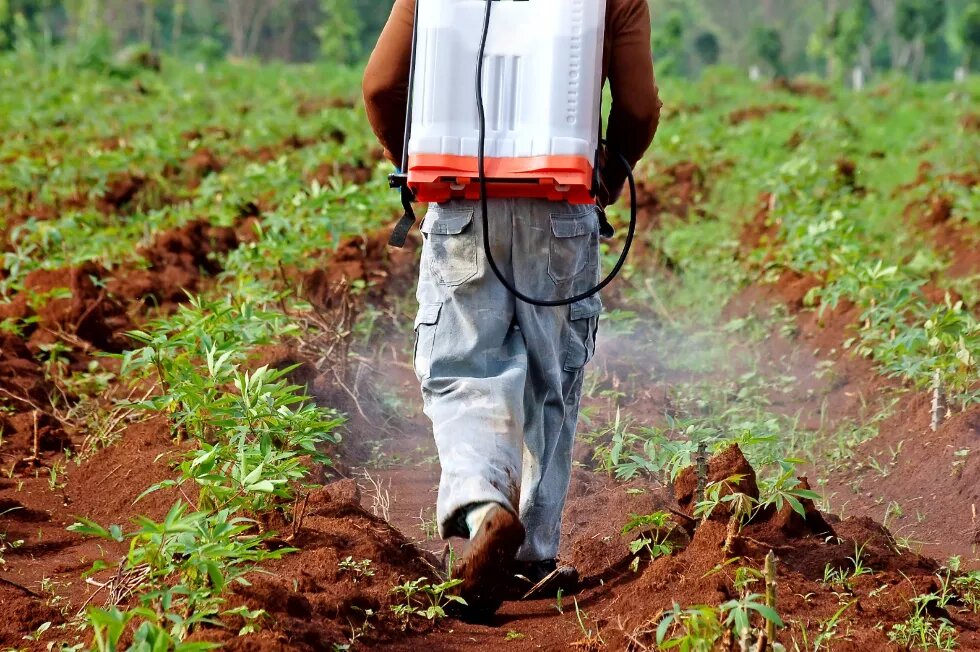
Pesticides legislation in Kenya: What you need to know
The second iteration of the Pest Control Products Bill, 2022 was circulated in April for public comment. It marks an urgent update to the existing legislation, which was assented into law four decades ago, with one revision in 2012.
Between then and now, science has demonstrated the negative impact of pesticides on human health and the environment. Every year around 385 million pesticide poisonings occur worldwide.
Studies in Kenya have shown that Kenyans are exposed to pesticide residues in food exceeding maximum allowable levels. Research conducted by Kenya Organic Agriculture Network found excess levels of acephate, amongst other highly hazardous pesticides (HHPs), in tomato samples from Kirinyaga County. Acephate is an endocrine disruptor, possible carcinogenic and neurotoxicant. Currently we do not have sufficient data to quantify the effects on local ecosystems. In this situation, agricultural producers and consumers need to know what to expect of the proposed Pest Control Products Authority and how pesticides will be regulated.
If the proposed amendments are passed, the Authority will promote Good Agricultural Practices (GAPs). According to the FAO, GAPs are practices aimed at improving the quality, safety and sustainability of food and agricultural products while maintaining environmental, economic and social sustainability. For concerned consumers, this is a good thing. It suggests that the default position of the Authority is to support the use of chemical pesticides as a last resort. For environmentalists, it would be a positive step away from agrochemical inputs, which significantly contribute to the toxification of the planet.
Local innovation in the development and management of pest control products is also encouraged in the Bill, which could unlock the door to locally grounded, biological pest control practices. Coupled with the powers to ban pesticides whose adverse effects cannot be mitigated or are found to pose unacceptable risks to humans and the environment, the Bill provides us with some peace of mind and promises progressive reform in pesticides management in the country.
Changing the status quo, however, will require strong leadership and increased budget from the Treasury. The Authority needs to be fully staffed and have the technical and financial resources to undertake its mandate in registration, monitoring and training.
Concerns about the Bill have been raised by civil society organisations in terms of the transparency and objectivity of the “Technical Advisory Committee”. If the Bill is passed, the Committee would have the power to designate institutions or researchers to conduct studies on pest control products. In a context where powerful economic interests are at stake, it is critical that data collection processes – whether during the stage of registration or monitoring – are independent and include diverse scientific expertise.
To implement a judicious pesticides regime and guard against double standards in international pesticides trade, a policy priority in Kenya should be to develop its local data collection capacity. The ‘double standards’ that exist in global pesticides trade are receiving more public attention. The term refers to products and active ingredients that are either banned or not approved in an exporting country but are nevertheless sold by agrochemical companies in other regions of the world.
In Kenya, the Bill in its current formulation does not adequately protect Kenyans against double standards. The function of the Authority will be to set Maximum Residue Levels (MRLs) “in line with” international standards. Often, a pesticide is registered elsewhere with strict instructions on use. For example, in the European Union, when banning a pesticide for environmental reasons, the European Commission always restricts them to greenhouse use. In Kenya, the operating context is different. Mitigation measures can often not be implemented.
Therefore, the government needs to conduct local research and take into consideration data from Kenya’s local situation e.g., diets, and species diversity, before registering an active ingredient or setting an MRL. If an active ingredient is banned or heavily restricted in another jurisdiction, data collection specific to the Kenyan context should be required by law.
Parliament must fast-track the passage of the Pest Control Products Bill, 2022. Pesticides legislation in Kenya will not only provide the legal basis for urgent and comprehensive action against the negative effects of pesticides, but also provide the legal basis for mainstreaming innovative and environmentally conscious approaches to pest control, such as agroecology. Agroecology offers us the ability to grow food without chemical control methods and is a force that challenges the dominant agricultural model.
Around the world, the negative effects of pesticides on farming communities, food safety and ecological systems, is well documented. On home ground, as we bear witness to the consequences – whether knowingly or unknowingly – Kenyans should use the pest control law to hold in check what we are being exposed to and whose interests are prioritised when it comes to putting food on our table.
This article was also published on the Standard Daily here.
Layla Liebetrau is the founder of The Third Sector and a member of Route to Food Alliance and the Kenyan pesticides task force. Her email is layla@thethirdsector.earth